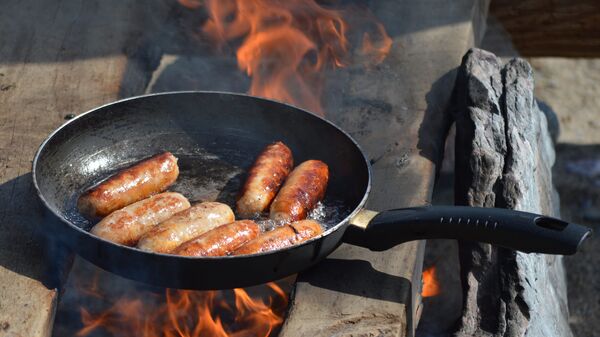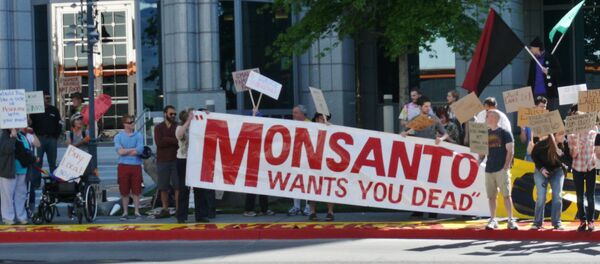The WHO's International Agency for Research on Cancer reportedly ranks processed meat alongside asbestos and cigarettes as most carcinogenic, with the highest of five possible rankings.
Another cause could be the tendency of meat-eaters to eat fewer plant-based foods that protect against cancer. According to some studies, consuming meat with vegetables or a high fibre diet reduces the increased cancer risk.
Still, some scientists remain sceptical.
"It is important to emphasize that the size of the effect is relatively small, and the mechanism is poorly defined," said Dr Ian Johnson, Emeritus Fellow at the Institute of Food Research, according to the Telegraph.
"It is certainly very inappropriate to suggest that any adverse effect of bacon and sausages on the risk of bowel cancer is comparable to the dangers of tobacco smoke, which is loaded with known chemical carcinogens and increases the risk of lung cancer in cigarette smokers by around 20 fold."
"Avoiding red meat in the diet is not a protective strategy against cancer," said Professor Robert Pickard, Emeritus Professor of Neurobiology at the University of Cardiff. "The top priorities for cancer prevention remain smoking cessation, maintenance of normal body weight and avoidance of high alcohol intakes."
For what it's worth, eating less processed meats would be a good precautionary measure. The WCRF advises that people can reduce their bowel cancer risk by eating no more than 500g (cooked weight) of red meat per week.



